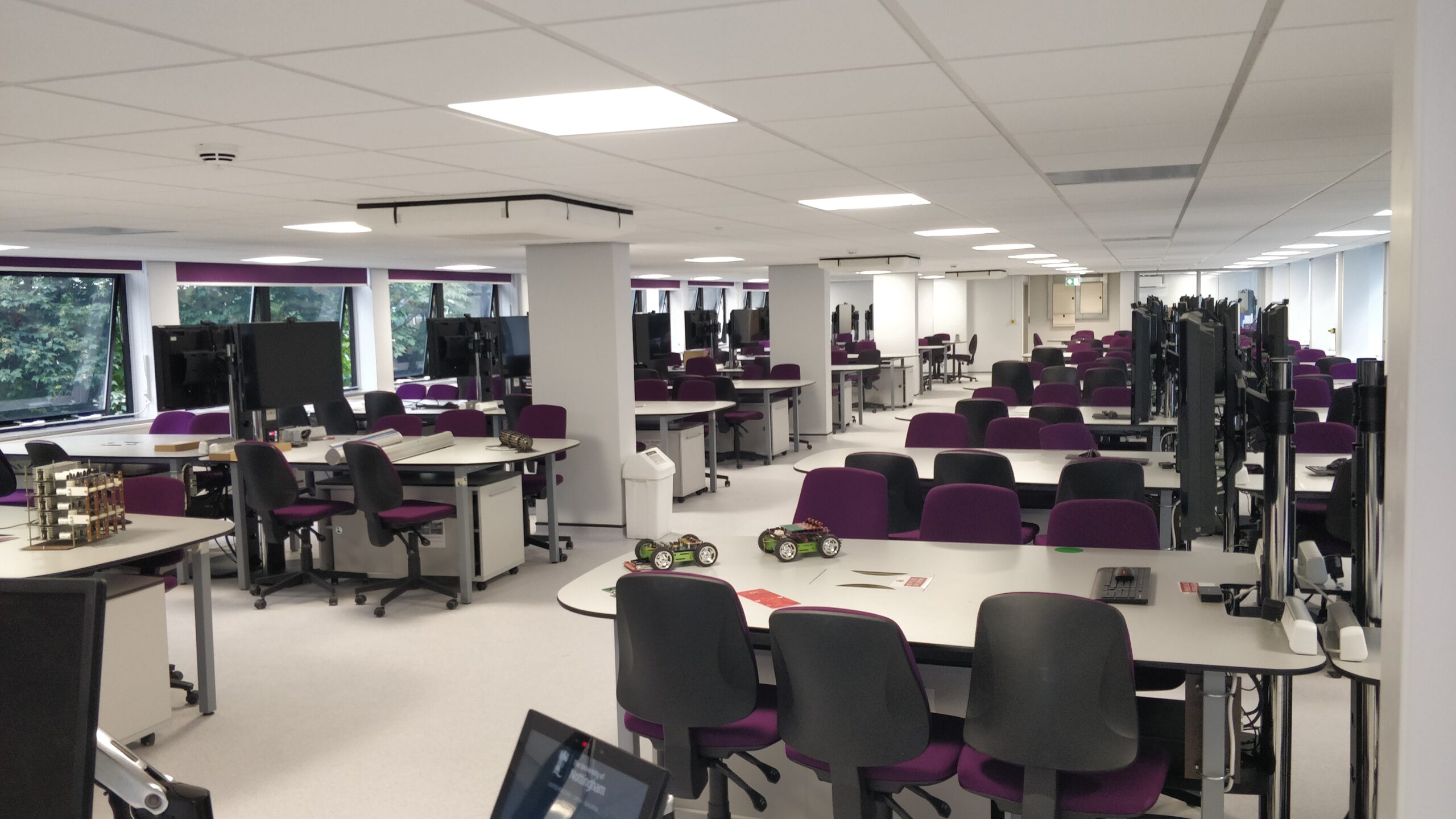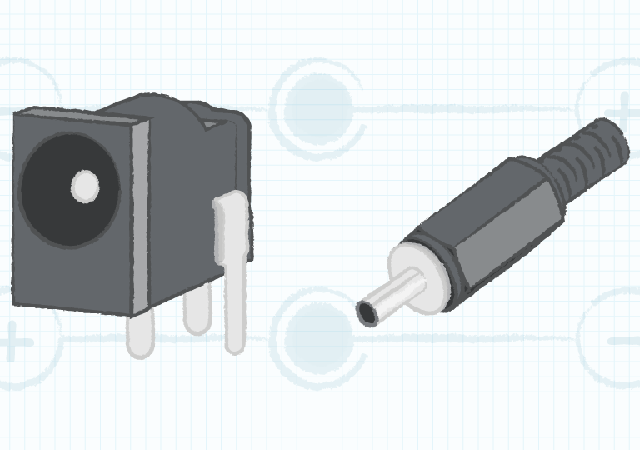2nd November is National Engineering Day, a day aiming to provide greater visibility to the UK’s engineers and engineering and celebrate how they improve everyday lives and shape the world around us. To celebrate, Kiera caught up with Steve Bull, Head of the Department for Electrical and Electronic Engineering at the University of Nottingham.
Changing perceptions
Celebrating days like National Engineering Day is vital in igniting passions, ensuring people know what engineering is and its prevalence in society.
“Anything that promotes engineering is vital to society. We wouldn’t have pretty much of all the things around us, whether it’s something in your home or the infrastructure in towns and cities. It’s important to have people who want to take up engineering and to ignite their passion for it.
“It’s essential that people know what engineering is, what it can do and why it’s important. If you don’t know this earlier enough on in life, how do you know if it’s something you want to study further. Education for those young minds and informing them of any initiatives, like National Engineering Day are important,” exclaimed Steve.
Steve has spent 25 years of his career at the University of Nottingham, having studied in 1997 as an undergraduate student and staying on to complete a PhD in high powered high brightness lasers in medical applications. He’s had the privilege of seeing the department from all angles. In 2015 he became a lecturer in the Department for Electrical and Electronic Engineering, and in the last five years became Senior Tutor and Deputy Head of the Department, leading him to his current role as Head of the Department.
Having always been fascinated by mathematics, science and languages, Steve was unsure what he wanted to do, but he was adamant he didn’t want to do a course purely focused on one of these subjects. Engineering however seemed like the perfect combination of all of these, and the University of Nottingham also allows a year abroad to develop language skills. “Doing my year abroad was excellent. It was very challenging being taught in a different language and integrating with local students. We still offer similar experiences now but they’re all English taught.”
University of Nottingham’s involvement
The University of Nottingham is extremely involved in initiatives that fit this year’s National Engineering Day theme, improving lives through engineering.
These include, electronics made for medical applications such as a wireless foetal heart monitor which avoids confusion between mother and baby, providing greater comfort and most importantly, leading to better outcomes. Also in the medical field, the team is making optical sensors based with optical fibres to be used within medical equipment.
More generally, Steve urges those reading to consider the everyday devices around us, including smart tech and enabled devices around our home. These improve accessibility and connectivity, thus improving lives due to technical advances.
On the education front, the global pandemic has shown how resilient we can be, forcing schools, colleges, and universities to close their doors and revert to remote learning, and nobody knew for how long. Without the likes of Zoom, tablets, and Microsoft Teams, this would have been extremely challenging, and if it happened 15 years earlier, we would have been in a different situation. Of course, it was still extremely challenging for the majority, but technology still made it possible. A privilege we cannot forget.
Male dominated, but it’s improving
The University of Nottingham has recently redesigned its courses to be focus on project-based learning, with a significant amount of practical work, both individually and as a team. This works to ensure first year students have fun and inspires their learning.

Steve’s department is still male dominated, with between 20-25% female students, however its vital to note that this is improving year on year. To continue this increase, the work needs to take place at school level, ensuring children understand what engineering is and its place in society.
The University of Nottingham has excellent role models, including Amy Gilmore, a third year Electrical and Electronic Engineering student, keen to encourage more women into STEM subjects. “It’s important to put those students to work as best we can to promote engineering and what we can do for potential future students,” explained Steve.
Gender stereotypes can be tackled by role models. Something as simple as your recent achievement on social media could change the career path for a young girl or boy. This is so people can realise, “that could be me someday”. It’s also important to continue to use the incredible teaching staff as mentors, showcasing those who have been promoted to professor.
Definitions of engineering
Many definitions of engineering are old fashioned and off putting. Steve tries to simply it: an engineer is a problem solver, with an imagination.
The truth is engineering is more than someone getting grubby and oiling in overalls. It’s more than being able to fix a television. It’s crucial that young people know this from early on so they can begin on the right path if engineering excites them and make the right choices to stay on this route.
To continue to motivate and inspire the next generation: “Things like the work Student Circuit does, and publications similar that are accessible to a wide range of people are vital,” said Steve.
Universities making links with schools so they can draw out expertise, focusing on creating positive role models, and sharing news stories featuring minority groups so future generations can see engineering is not just a journey for “old men”, is vital.

Steve Bull, Head of the Department for Electrical and Electronic Engineering at the University of Nottingham.




